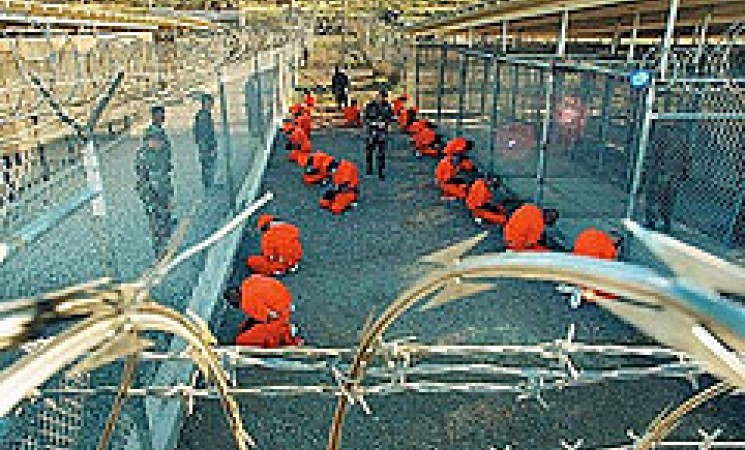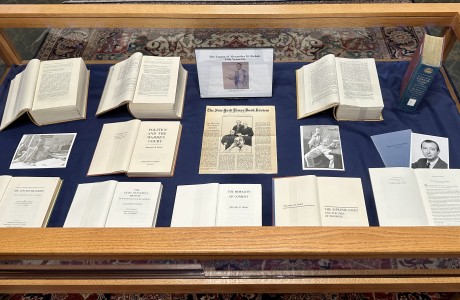Faculty Publications - Interrogation and Detention: Democratic or Despotic?

In the essay Gideon at Guantánamo: Democratic and Despotic Detention, Arthur Liman Program Director Hope Metcalf and Professor Judith Resnik explore the implications of Gideon v. Wainwright and Miranda v. Arizona on the legality of the detention and interrogation of individuals. Metcalf and Resnik compare Gideon and Miranda, stating that they are both part of a larger initiative in separating the United States from totalitarian regimes by allowing individuals to rely on lawyers to inhibit coercion. Metcalf and Resnik question whether any detention and interrogation of criminals “could possibly merit the adjective ‘democratic’ to reflect constitutional commitments.” They conclude with the point that in order to have a democratic system, the government must recognize everyone as rights-bearers, who “cannot be left alone and subject to state power closed off from public oversight.”
Further Reading:
Tracey L. Meares, What’s Wrong with Gideon, 70 U. CHI. L. REV. 215 (2003).
Hope Metcalf’s working papers on SSRN.
Judith Resnik’s papers in Yale Law School’s Legal Scholarship Repository, and working papers on SSRN.


